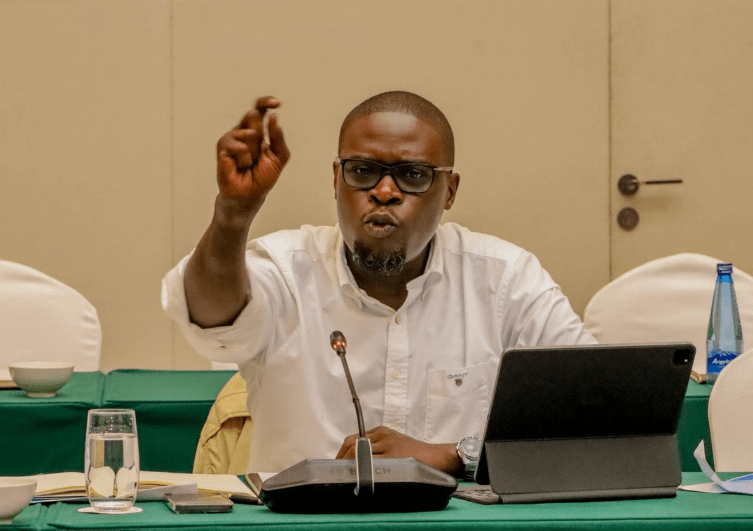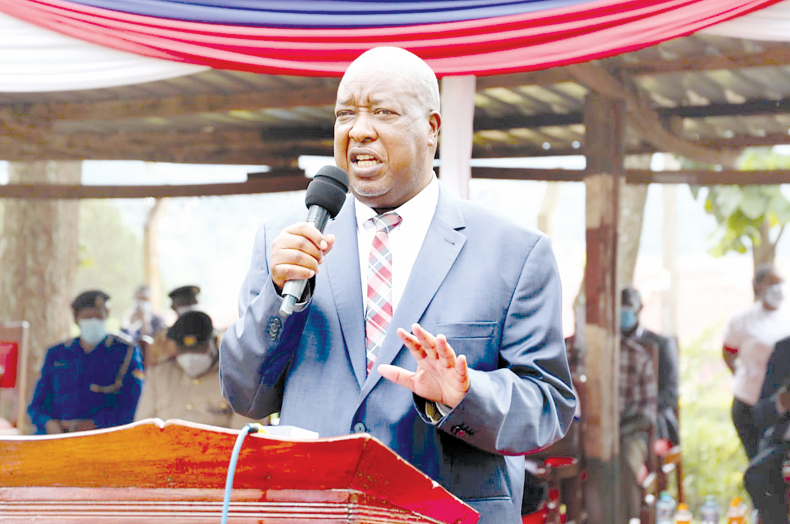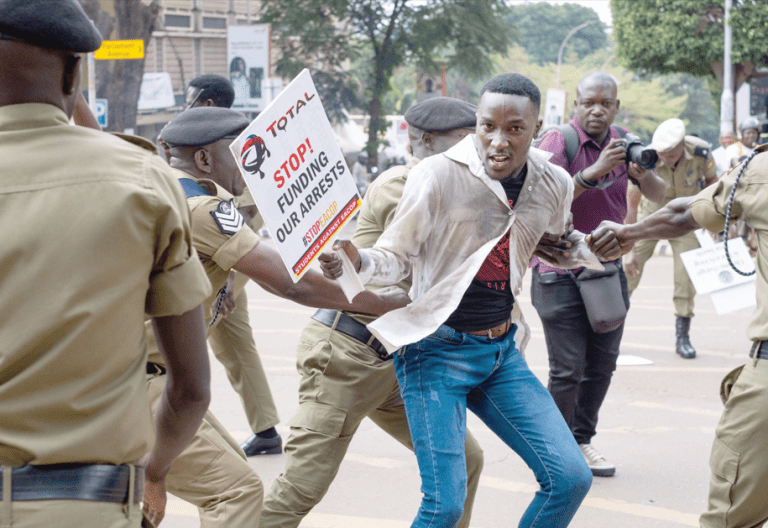Video production industry takes a massive blow from Covid-19 pandemic
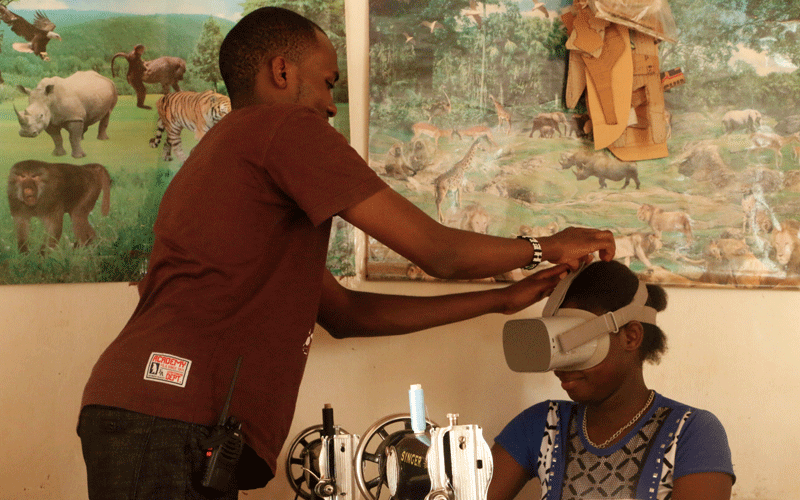
Since the Covid-19 pandemic hit home in March, it has not been business as usual in the Kenyan video production industry. Jackson Onyango engages local video production professionals on their route map towards normalising life during the crisis period.
It is no longer an argument that the Covid-19 pandemic has shown the world its wrath, leaving almost every industry devastated in its wake.
From millions of workers being laid off to salary cuts and companies closing down, many professionals and businesses such as production studios have been forced to find models to restructure, reorganise and re-strategise.
Video and advertising industry heads ranging from project managers, actors, editors, directors, camera crew, grips, graphic designers to the supporting industries have each been affected quite uniquely as freelance editor Eugene Sabwa tells Spice of his experience stemming from the pandemic.
“To me, the Covid-19 crisis has been both positive and negative. Positive because it has given me a unique period to re-strategise, generate new ideas, and take a fresh look at the industry.
The greatest negative impact has been the limited work output. We are in an industry that depends on collaboration and meeting with other creatives.
Working as a film editor means I depend on work and input from other professionals,” he intimates.
When one door closes, another opens is the case scenario for some of the industry’s expatriates.
“I took the step of setting up a home office. The Internet has been a good asset during this period.
It has made working remotely effective. From virtual meetings to file transfers,” says Sabwa.
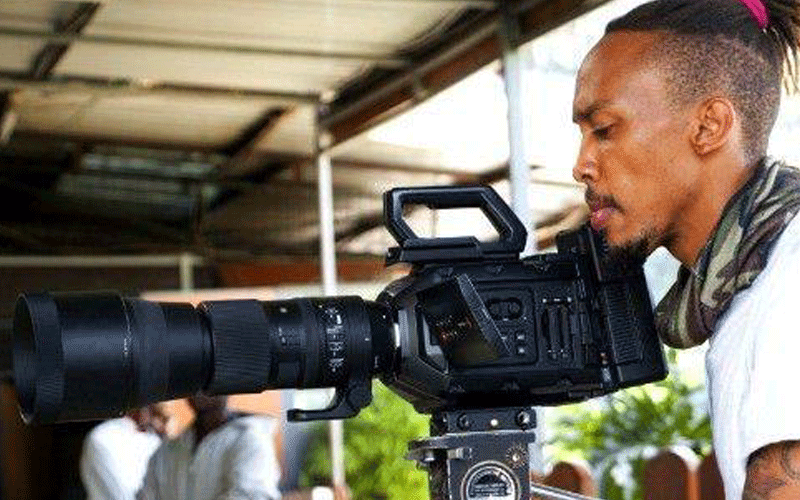
He adds the advantage he has with the unprecedented long break is that he has managed to get time to work on personal projects and invest in equipment while discovering more to life than just sitting in front of his screen.
This, he says, is a hustle he never thought he would ever have to tap onto this early in his career.
“I have been made to seek other ventures just to stay afloat, one of which is farming, as this has always been a promising venture since food is a necessity.
I have also gained interest in the money market, and how investing in other peoples businesses can be profitable,” he says of his new diversifying nature.
Adapting new norms
The pandemic has also hit the ‘Do It Yourself’ media sector. For the likes of Bobby Owuor—the anchorman for pop YouTube show East Meets West—the current circumstances has altered his overall working process, but has also taught him valuable lessons.
Before the coronavirus outbreak, he depended on a number of local hubs for devices for his shoots, but with them inevitably halting operations, it has pushed him to seek new uncharted territories.
“It’s been hard for many content creators during the pandemic, because we now can’t meet up, brainstorm and create.
Physical meet ups are not the same as having conversations over the phone or via virtual platforms such as Zoom, because there’s a certain energy that exists when you are in a face-to-face interaction with a person, which to us makes for better content.
The distance really takes the fun out of it,” says Owuor.
He expresses the dilemma of missing the crew’s on set camaraderie and having to continue to produce content with brevity and passion despite unusual conditions and limitations that has come with the pandemic.
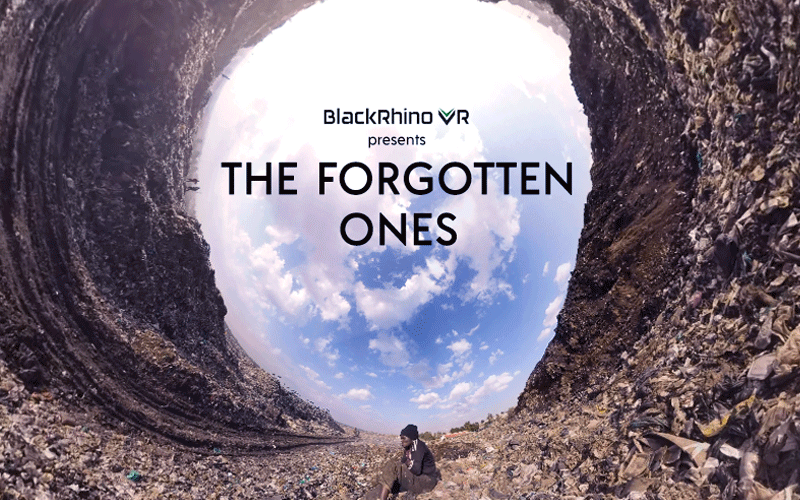
“We just have to adapt because as a content creator, you cannot afford to excuse yourself from working in the name of a pandemic. You have to keep creating. It’s tough, but we’ll just have to keep pushing.
The unfavourable situation is here, and rather than fight it, adapt to it.
I have been getting into more research to be more comfortable with the situation,” he says.
The pandemic is a first for a majority of the world population, and it is unknown exactly for how long it will ravage humans, thus making planning for the future more challenging for creatives.
Video director Kevin Wang’ombe aka Raww Filmmaker has somewhat been fortunate to be busy during the pandemic period thanks to clients requests.
He has mostly been shooting music videos despite the government restrictions aimed to curb the spread of Covid-19.
“I just make sure I have my mask on at all times. Work must go on, and the grind doesn’t really stop,” he tells Spice, adding that his latest project he has been commissioned to direct is the video for the collaboration involving Nyashinski and Naiboi.
Forward mobility
However, when the behind the scenes footage from the shoot surfaced online recently, netizens criticised the move to have people disregard basic health protocols such as wearing face masks.
“Being on Raww films set is always a vibe, and we’ve been trying our best to have everybody involved in a shoot wear masks, sanitise and observe a social distance.
But again, in all honesty, being on set and follow the set Covid-19 protocols has been quite difficult,” says Raww.
Even with jobs drying up, he still remains optimistic for good tidings, and urges other players to keep working on getting better while they can.
“The pandemic has affected this industry and craft in so many ways, but in every crisis there is a silver lining.
So, as much as people have lost jobs and livelihoods, personally I have found this as an opportunity to get a little more creative and innovative.
I think that’s what is happening with a lot of us video makers, and we are and always have to be problem solvers. So, as the world turns, so do we,” adds Raww.
Film director Collins Wachira acknowledges the scars left by the pandemic. However, he says he is using them as a motivation to tap work based on his strengths and weaknesses.
“As a content producer mostly on filmmaking maters, Covid-19 has really affected the industry.
The magic of any film starts in the synergy of the crew, but with the pandemic restrictions such as no large gathering hitting us hard, it means we cannot meet to shoot.
Ban on movement also meant we could not go to scout for locations,” says the Kalasha Awards winner, who was forced to reschedule a film project in which he had invested money, time and energy into.
He says, “I have not been able to meet up with my crew members since the pandemic struck.
My director, Bobby Junior, and myself were just about to shoot our first long feature film Sure Bet.
This is a film we were really excited about, but we had to push the shoot.
So, we’ve been spending this time counterchecking the script to make it watertight, hoping we can deliver a proper film once it’s safe to resume.”
Reforms required
The Virtual Reality (VR) sector has not been spared either. The players such as Charles Muchiri of Black Rhino VR Company, have not been entirely dormant, but laments on how things have slowed down due to Covid-19 ramifications.
“The industry as a whole has experienced a mix of good and bad due to the pandemic.
Things that really boosted the sales were tours, meetings, and meet-ups through which people got to be fully immersed and have the sensation that they were there even though they were at home.
Locally, the pandemic has affected us both positively and negatively.
For example, one of our revenue streams is usually renting out VR headsets, but due to the virus, people have become very cautious on that. There is still work, but not like it used to be,” says Muchiri.
The industry heads are still standing tall to the task at hand, but are in jeopardy if the government doesn’t act quick enough to reform the creative arts technological-oriented visual sectors.
“Kenyan creatives are really being affected by the pandemic, especially on our mental health.
Many people are unable to pay their bills because of the countrywide closure of public spaces where they used to earn a living.
Just like the matatu industry, the people who call the shots need to assist in findings solutions for cinemas, concerts and bars, among other public spots, because so much is being lost,” Muchiri adds.
Industry players are therefore, urging the government to be more in tandem with their concerns, form cooperation and offer solutions such as financial support, in order to keep the industry thriving.
“I would love to see those in power continue to do more for the creatives.
I think the Kenya Film Commission is doing a good job and more has to be done in terms of mentorship and financial support to the filmmakers and other creatives in the campus level.
This will inspire them and demystify the notion that you cannot earn a salary from your craft,” says multiple Kalasha Awards winner Collins Wachira.
The government’s ‘Work For Pay’ agenda that saw the release of Sh100 million stimulus package for actors, musicians and performers has been met with heavy criticism from industry stakeholders, who have deemed it insufficient and short-term, unable to give permanent respite to the sector.

